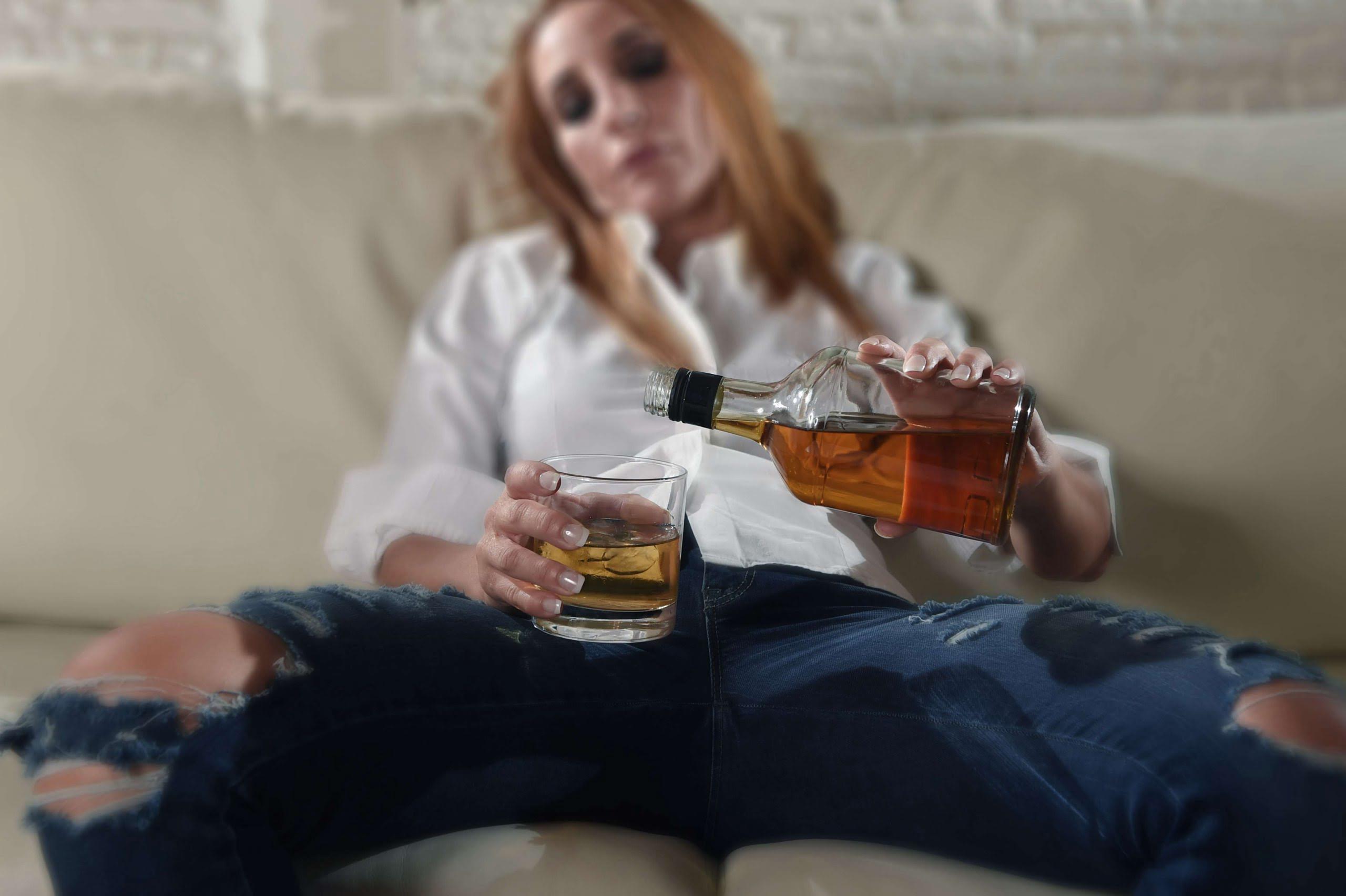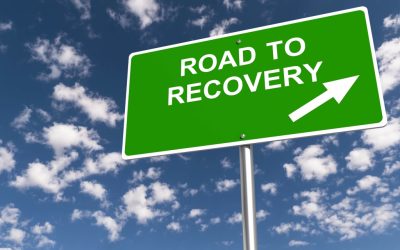However, stratification of analysis by the amount of baseline alcohol intake showed no effect on blood pressure for participants who consumed up to two drinks per day. Conversely, blood pressure reduction was significant and progressively higher in participants who had baseline alcohol intake of three, four to five, and six or more drinks per day. In this study, a meta-regression model indicated a decrease of 0.91 mm Hg in systolic and 0.75 mm Hg in diastolic blood pressure per one drink per day. A Cochrane review was set by Acin et al. to examine the effects of interventions to reduce alcohol intake on blood pressure for at least 3 months 111. Results of the analysis were does alcohol cause high blood pressure primarily determined by the randomized controlled trial reported in reference 109. Alcohol intake was significantly reduced by interventions in comparison to control subjects, but reduction did not result in differences in systolic and diastolic blood pressure changes when compared to controls.
Review Manager (RevMan) Computer program
- Dehydration and electrolyte imbalances can cause blood vessels to narrow and the heart to work harder, further contributing to spikes in blood pressure.
- A dose of 14 grams of pure alcohol/ethanol or less was defined as a low dose of alcohol.
- At the end of the 24 hour monitoring period the subjects were asked whether they consumed alcohol while the monitor was worn, the time of their last drink, and the amount of alcohol consumed during their last drinking session.
- Because hypertension is the leading risk factor for cardiovascular diseases and all-cause mortality, the relationship of alcohol consumption with blood pressure (BP) has been the subject of extensive investigation.
In addition, data from studies using new research methods, including Mendelian randomization, suggest that the relationship between low-to-moderate alcohol consumption and cardioprotection merits more critical appraisal (Holmes et al. 2014). Investigators have used a variety of noninvasive tests to evaluate the acute effects of alcohol consumption on myocardial function and hemodynamics in healthy humans. As with isolated animal heart experiments, some investigators have found that acute alcohol exposure (blood alcohol levels 40 to 110 mg%) depresses myocardial systolic function in humans (Delgado et al. 1975; Lang et al. 1985; Timmis et al. 1975). For example, in one study, the ejection fraction decreased by 4 percent after alcohol consumption (Delgado et al. 1975).
Treatment
For high doses of alcohol, we found moderate‐certainty evidence showing a decrease in SBP and low‐certainty evidence suggesting a decrease in DBP within the first six hours and 7 to 12 hours after consumption. Moderate‐certainty evidence shows that SBP and DBP rise between 13 and 24 hours after alcohol ingestion. Both reviewers (ST and CT) rated the certainty of evidence independently by examining risk Sober living house of bias, indirectness, inconsistency, imprecision, and publication bias.
Understanding the Dose-Response Curve
Interestingly, the researchers found a nonlinear effect of alcohol consumption on HDL2-c levels. This supports the findings from other studies that the alcohol-induced changes in HDL-c do not fully account for the lower risk of CHD in moderate alcohol drinkers (Mukamal 2012). We classified nine studies as having high risk of bias (Agewall 2000; Bau 2011; Buckman 2015; Dumont 2010; Fazio 2004; Karatzi 2013; Maufrais 2017; Rossinen 1997; Van De Borne 1997).

Why it is important to do this review
“The one-year mark is when your overall risk of different cancers has leveled off,” says Dr. Mosquera. “No level of drinking is safe when it comes to cancer risk, but after a year without alcohol, you’ve experienced a significant risk reduction.” After all this time, you might also appreciate a lot of the emotional effects of a life without alcohol. “Your relationships are likely improved, and your resilience has increased,” says Dr. Mosquera. Hypertension causes target organ damage in synergy with other major cardiovascular risk factors, including diabetes and dyslipidemia 82. Therefore, effects of alcohol on these metabolic variables pose a serious threat on the cardiovascular risk of hypertensive patients.

Bjorntorp 1999 published data only
Differences among results from human studies may relate to small sample sizes, duration of drinking, and degree of myocardial dysfunction. In the Miró study, alcohol drinkers also had been receiving pharmacologic treatments such as beta-adrenergic blocking agents that reduce blood pressure and also may have antioxidant effects. Thus, low levels of alcohol consumption (1 to 2 drinks, but not every day) in patients with heart failure may not exacerbate the condition, especially in those with heart failure attributable to ischemic CHD. https://ecosoberhouse.com/ Because heart failure patients usually are older (over age 65) and often are prescribed numerous medications, both the effects of age and of medication use should be carefully considered by patients, clinicians, and researchers.

According to our pre‐specified dose categories, both 15 g and 30 g of alcohol fell under the medium dose category. Including both of these doses or de‐selecting either one of these doses from Rosito 1999 from Analysis 2.1 and Analysis 2.2 (medium doses of alcohol) resulted in the same statistically significant conclusion. Dumont 2010, Karatzi 2013, Kawano 1992, and Williams 2004 reported reasons for participant withdrawal and excluded their data from the final analysis. Data were balanced across groups, hence missing data did not affect the final results.
Does Alcohol Withdrawal Affect Your Blood Pressure?
Since alcohol withdrawal can be rough on your body, it is best to know things to do to keep your heart rate and blood pressure down. Then, when things get a little more heated than you want or like, turn to that list. It’s long been touted as “good for heart health,” but newer research suggests its benefits aren’t as great as we thought. In fact, several studies have shown that drinking red wine regularly raises blood pressure, according to an April 2023 review in Nutrients1. If you’re currently taking medications for heart disease, such as blood pressure medications, anticoagulants, or statins, talk to your prescriber or pharmacist about potential interactions. Alcohol may reduce the effectiveness of these medications or increase the risk of side effects, says Beridze.
These indices were calculated for the full 24 hour period, during sleep and during waking hours, and were included in uni- and multivariate regression analyses using alcohol intake as the independent variable. Some people wonder if specific types of alcohol, like red wine or beer, are better for blood pressure alcohol. While moderate red wine consumption has been linked to certain heart health benefits, such as improved blood flow due to antioxidants, these benefits do not cancel out the risks of drinking too much alcohol. Greenfield and colleagues (2005) studied the effects of alcohol at meal time in a group of nonsmoking, healthy postmenopausal women. Each woman was given either no alcohol or 15 g of alcohol (1 standard drink) with either a low-carbohydrate or a high-carbohydrate, high-fat meal.
